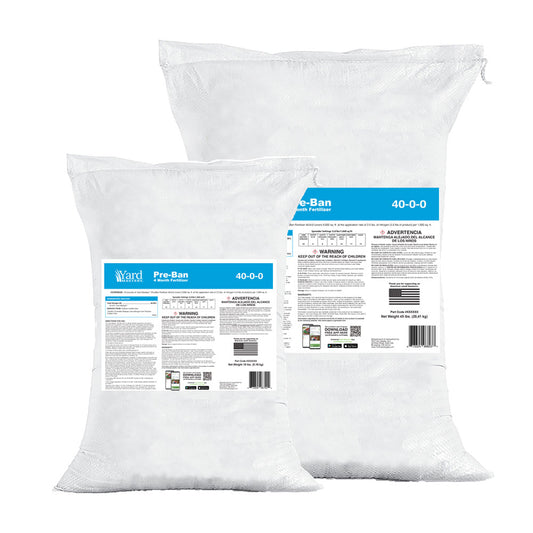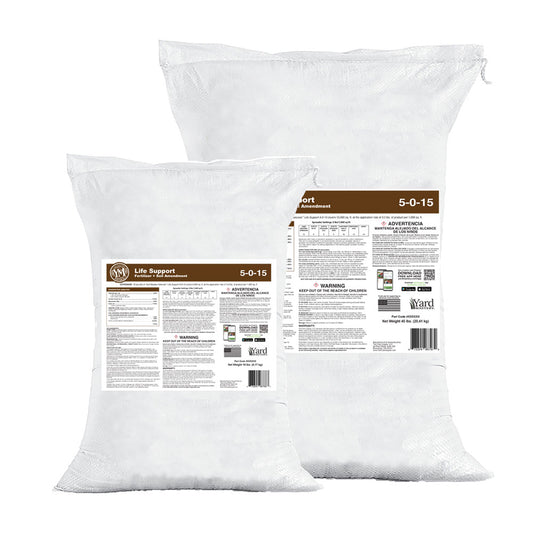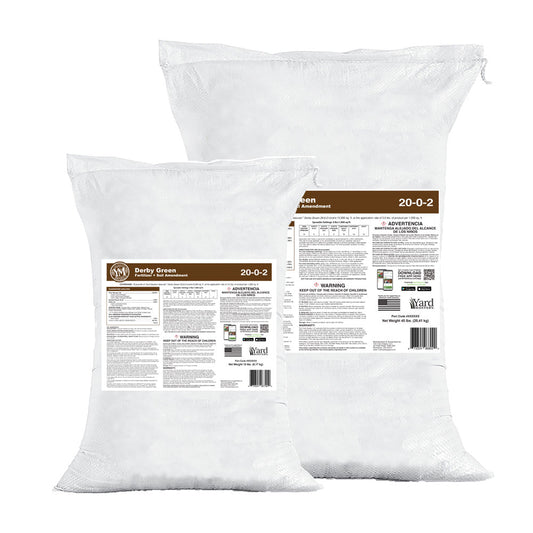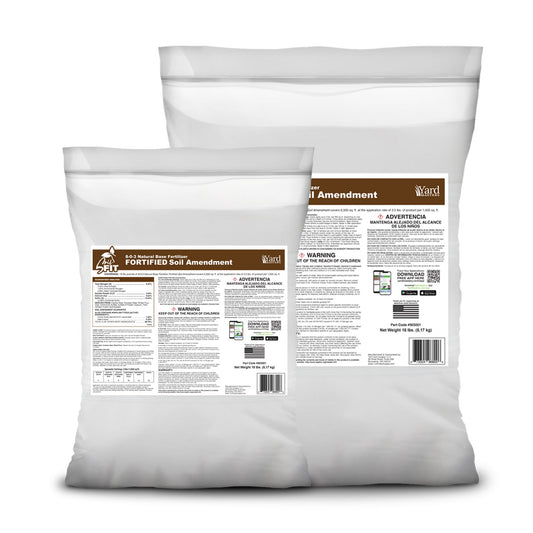What’s up warm season grass friends? Hope you are having a great week! If you missed last week’s video - I talked about perimeter pest control, specifically against Millipedes. They have been migrating big time the last several weeks and getting into the house. Since spraying on Saturday, my wife reports (her opinion matters) nearly complete elimination of the problem. (there was 1 breach on Monday, but he’s since been flushed) I used this as my chosen product.
As you know, I have a full season lawn plan available to you guys and gals who have St Augustinegrass, Bermudagrass, Zoysia, and Centipede. If you haven’t gotten it yet, make sure to pick it up here.
With that, I know that summer can be a time when you let your lawn care slip a little. You are off on vacation for a week and you come back and your lawn has somehow completely gotten away from you. Welcome to the south!
Recovering From The Summer Slump
I assume many of you are looking to push the “reset” button and get things back in order here pretty quick. Before you know it. Halloween Lawn Domination will be here and you need to be ready!
Warm season turf performs exactly the opposite of its cool season counterparts up north. What I mean is that warm-season turf types strengthen and add roots in summer when soil temps are over 65 degrees and daytime temps are 85+.
So the best time to really push your warm season turf root-wise is now! Just keep in mind, we want to push roots, not top growth.
Additionally, because our grass types perform best in the hottest months, we run the risk of crashing them if we don’t provide proper irrigation, so make sure you are watering at least 1.5” per week here during August and September. (your mileage may vary, observation always trumps general recommendations)

If your irrigation is properly optimized, - next is mowing. I harp on this over and over and it’s important. Never remove more than ⅓ of the grass blade length in a single mowing. If you have Bermuda or St Augustine, this means mowing at least 2x per week, hence our fondness for weeknight lawn work. Mulch the clippings, keep the blades sharp!
Ok now let’s talk about what we can input to drive roots. Of the 3 macronutrients:
- Nitrogen
- Phosphorus
- Potassium
(those are the three numbers on the bag of fert too, by the way)
Phosphorus is the one that aids most in root development. Now, don’t go getting too crazy with it! Phos is getting a bad rap lately and many areas are banning its use in fertilizer unless you have a soil test to prove you need it. It’s not like that everywhere of course, but it does give us a good reminder that a soil test is still a good idea to re-check your baseline data so you don’t over-apply.

Either way, the best source of Phos that I know of comes from our good friend Milorganite. It’s starting to become available again across most of the country so from my view, it feels like they are catching up with demand.
The analysis on Milorganite is 6-4-0. That means that 4% of the bag is Phos. Key here is that you don’t need a lot and that’s good to keep in mind since Milo is also 6% Nitrogen. (Nitrogen pushes top growth so we want to keep it light). If you are in the summer slump, and things are looking weak, go ahead and jump-start everything with a 10lbs/1000 rate of the Milo.
This will give you a little more than ½ lb or Nitrogen (10 x .06 = .6) and just under ½ lb Phos (10 x .04 =.4)
Hit it now, hope for the best!
Bio-Stimulants for Roots and Soil
Next, consider some bio-stimulants. I’ve been using them long enough now to have seen the positive results. If you want to push roots, this is the way to do it. As you guys know, I use and recommend the Greene County Products.
If you want to push even MORE roots right now, RGS and Air8 are the two best teammates to your Milorganite. (or starter fertilizer, or whatever)
- RGS - It’s black gold. The biologically active material contains Humic Acid and Sea Kelp to aid in green up, buffer and extend nitrogen release rates, and add oxygen to the soil profile for greater nutrient uptake. It is absorbed via foliar action, as well as through the roots.
- Air8 - If you have hard clay soil, then Air8 will drive oxygen down through it so roots can follow. However, it also helps in sandy soils like I have here in Florida. We don’t have issues with compaction, rather the opposite. All the rain we get can flush nutrients right through. In this case, Air8 aids in faster uptake so the fert you put down is better utilized. It’s also full of potassium which is a great macro-nutrient for overall plant health, especially during the heat of summer. Here is John to tell you more!
Apply RGS at 3 oz per gallon, 1 gallon covers 1,000 sq ft. If you use just this along with your Milo, you’ll get great results. If you want to go a step further, mix in Air8 at 6 oz per gallon - right in with the RGS. You can spray this mix every 3-4 weeks.
Let’s See The Results
Here is a photo from my guy Giles in Missouri City, Tx. Just to give you some context, here is the current weather that his St Augustinegrass is living through.

“I can already see the growth difference in my roots compared to the neighbor's,” he told me.

Now Giles has been applying different combinations of products from the bio-stimulant and soil-activator packs, so there is quite a bit of iron there contributing to that color for sure, but it’s the RGS and Air8 pushing those roots he mentions.
Florida Friends
Speaking of the iron, let me give you folks in Florida a real tip here. If you apply Microgreene 0-0-2 at 6 oz per gallon/1000 every 3-4 weeks, your lawn will stay double-dark green all summer. Mix in 3 oz per gallon/1000 of RGS and the green will extend even longer. This also keeps you in compliance with summer blackout rules.
Don’t have these rules where you live? Try it anyway, you’ll love the results without the strong growth push.
As always, I hope this post has been helpful, and I’ll see YOU in the lawn!








